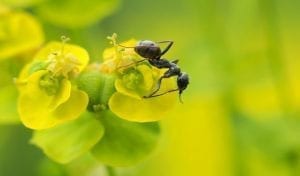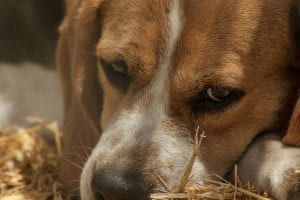According to a story from MENAFN, the Delhi High Court recently issued a directive to the National Consortium for Research, Development, and Therapeutics for Rare Diseases to convene and move forward with funding for clinical trials focused on a specific rare disease: Duchenne muscular dystrophy. The consortium will have met by March 26th and is expected to invite any relevant organizations or persons to participate.
About Duchenne Muscular Dystrophy
Duchenne muscular dystrophy is a neuromuscular disease, and it is one of the more severe types of muscular dystrophy. It is characterized by progressive muscle weakness that usually begins around age four and worsens quickly. As an X-linked genetic disease, boys are mostly affected, with girls only occasionally displaying mild symptoms. The disease is caused by mutations of the dystrophin gene. Symptoms of Duchenne muscular dystrophy include falling, abnormal walking posture, eventual loss of walking ability, muscle fiber deformities, intellectual disability (not in all cases), enlargement of the tongue and calf muscles, skeletal deformities, muscle atrophy, heart abnormalities, and difficulty with breathing. Treatment includes a variety of medications and therapies that can help alleviate symptoms and slow disease progression. Lifespan is usually into the thirties with good care. Better treatments for this disease are urgently needed. To learn more about Duchenne muscular dystrophy, click here.
The court also issued further instructions, telling the consortium to account for factors such as the potential costs of treatments and the potential impacts on lifespan of young patients if they were to go without treatment. Other topics that should be addressed during the meeting include the pursuit of new therapies in trials that have already received approval and negotiations with pharmaceutical companies that already have approved rare disease therapies in India.
Recruitment of trial participants has already begun, a fact that had not been communicated effectively, according to the high court. Petitioners before the court that day included a number of children living with rare disorders.







